>>> def square(x):
return x*x
print (square(4))
SyntaxError: invalid syntax
>>>
Hi, can you help me out about this programming problem ? I used python 3.0 to write the code, but it seems like error . I have looked for the answer from several website that can’t solve the problem. Even I copied others code to write , it still , the error showed up ..